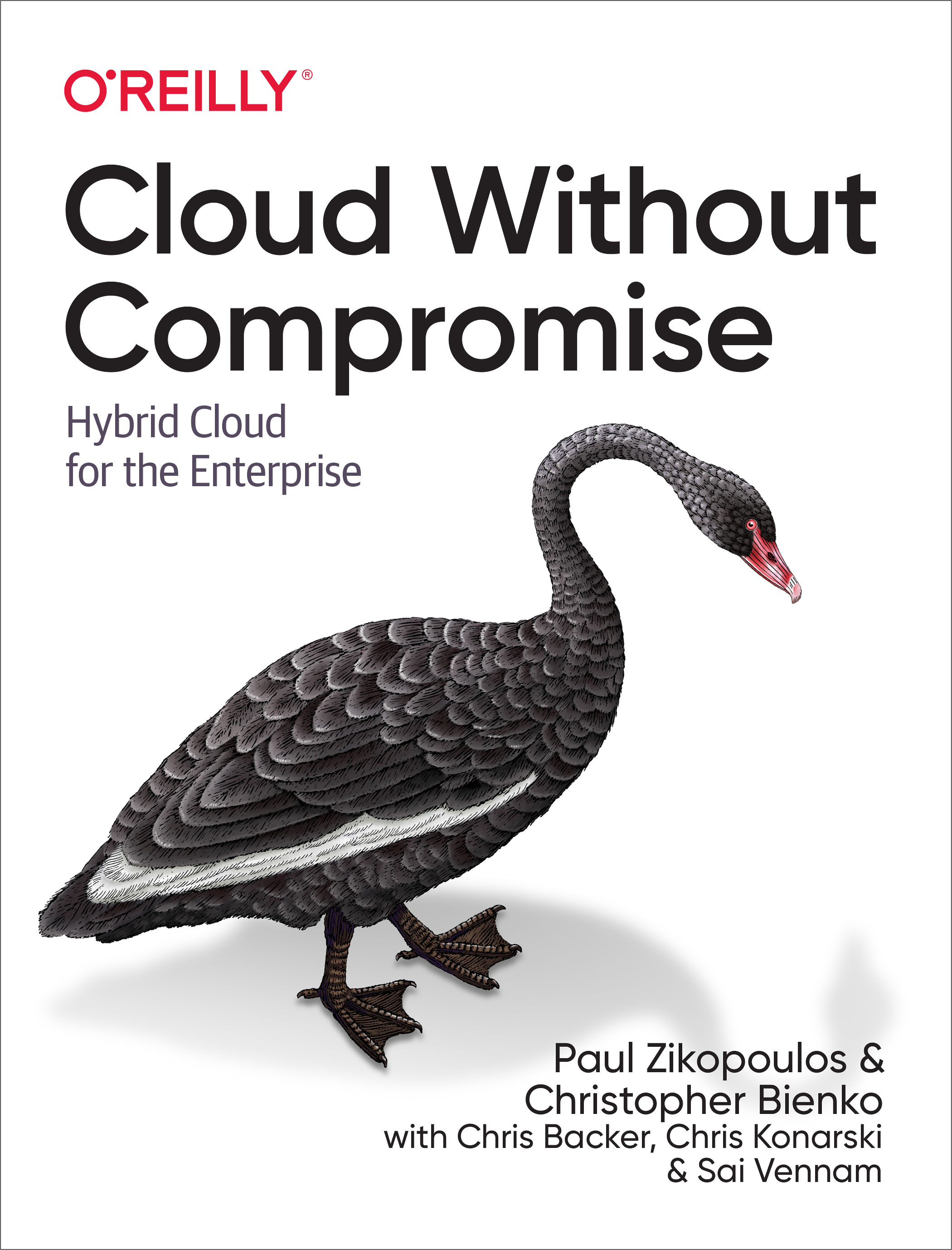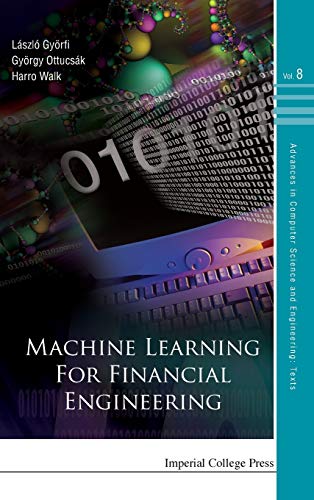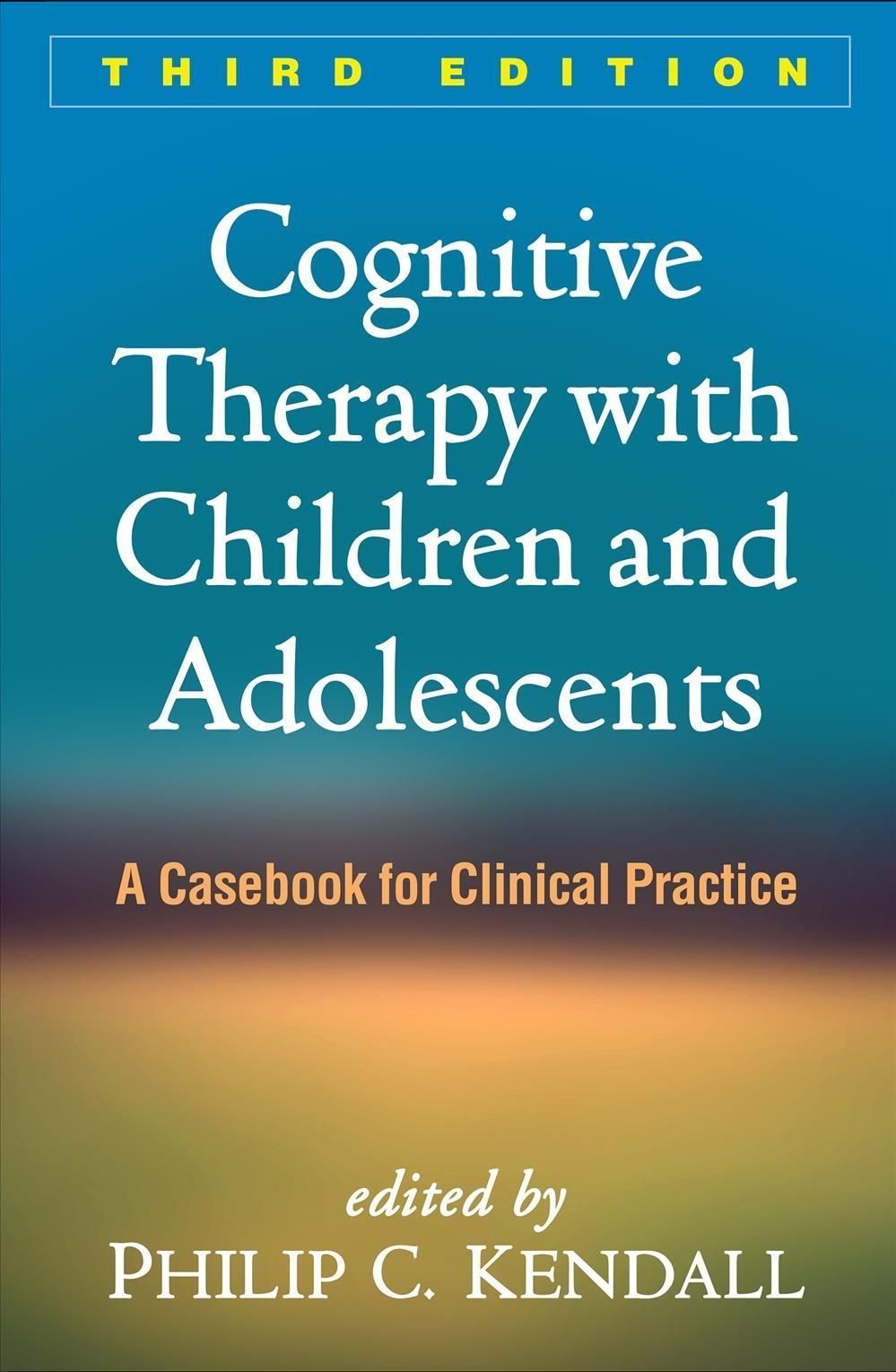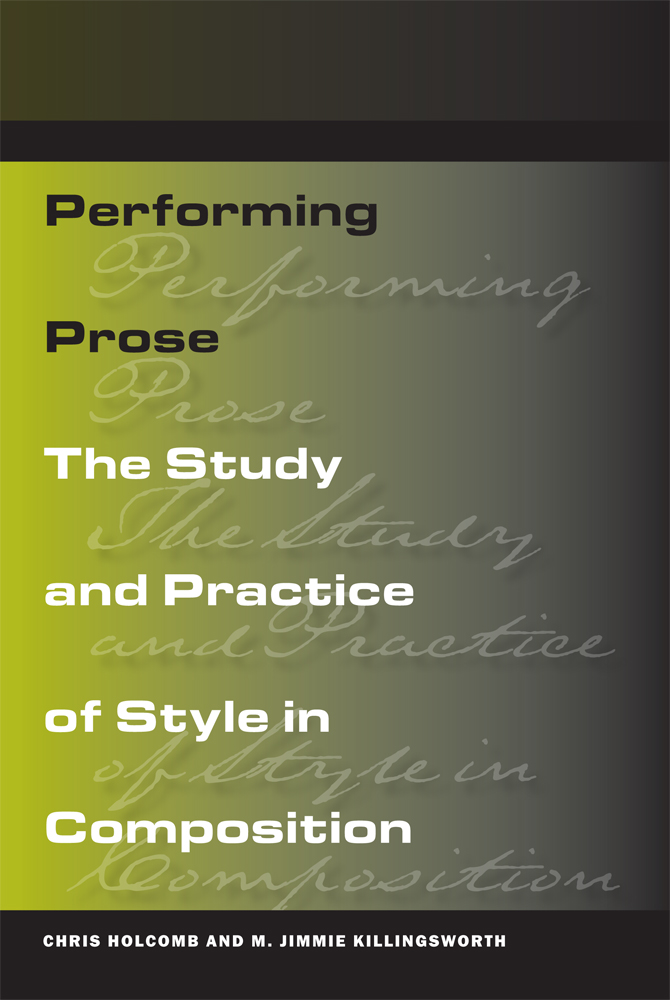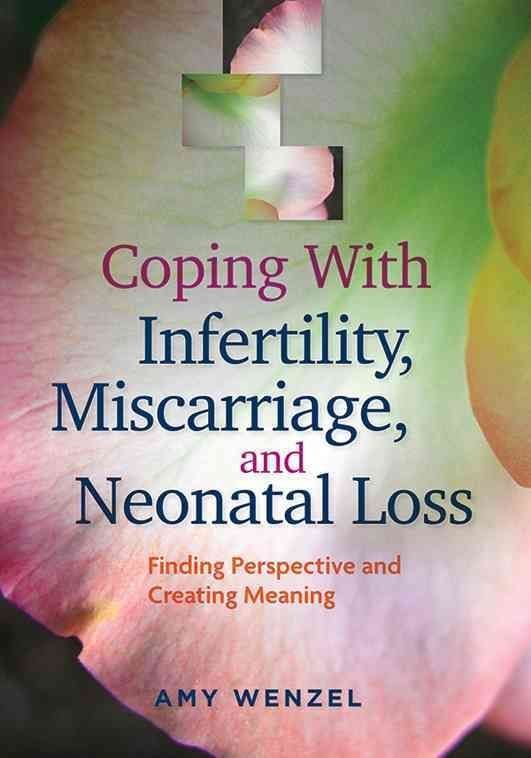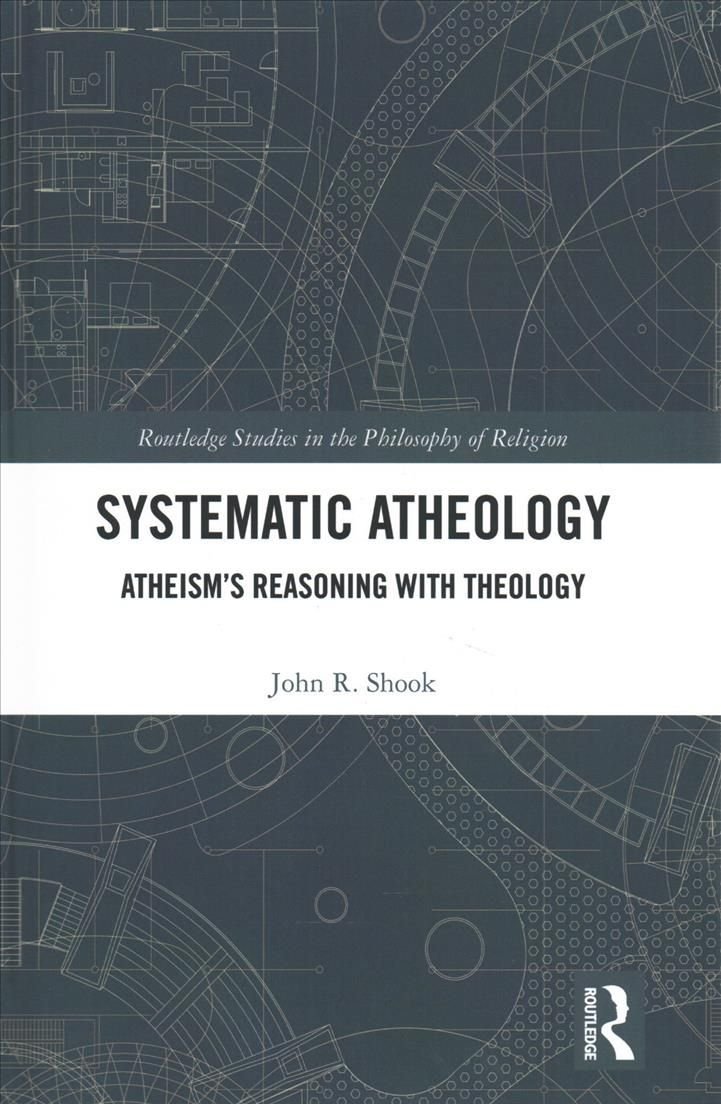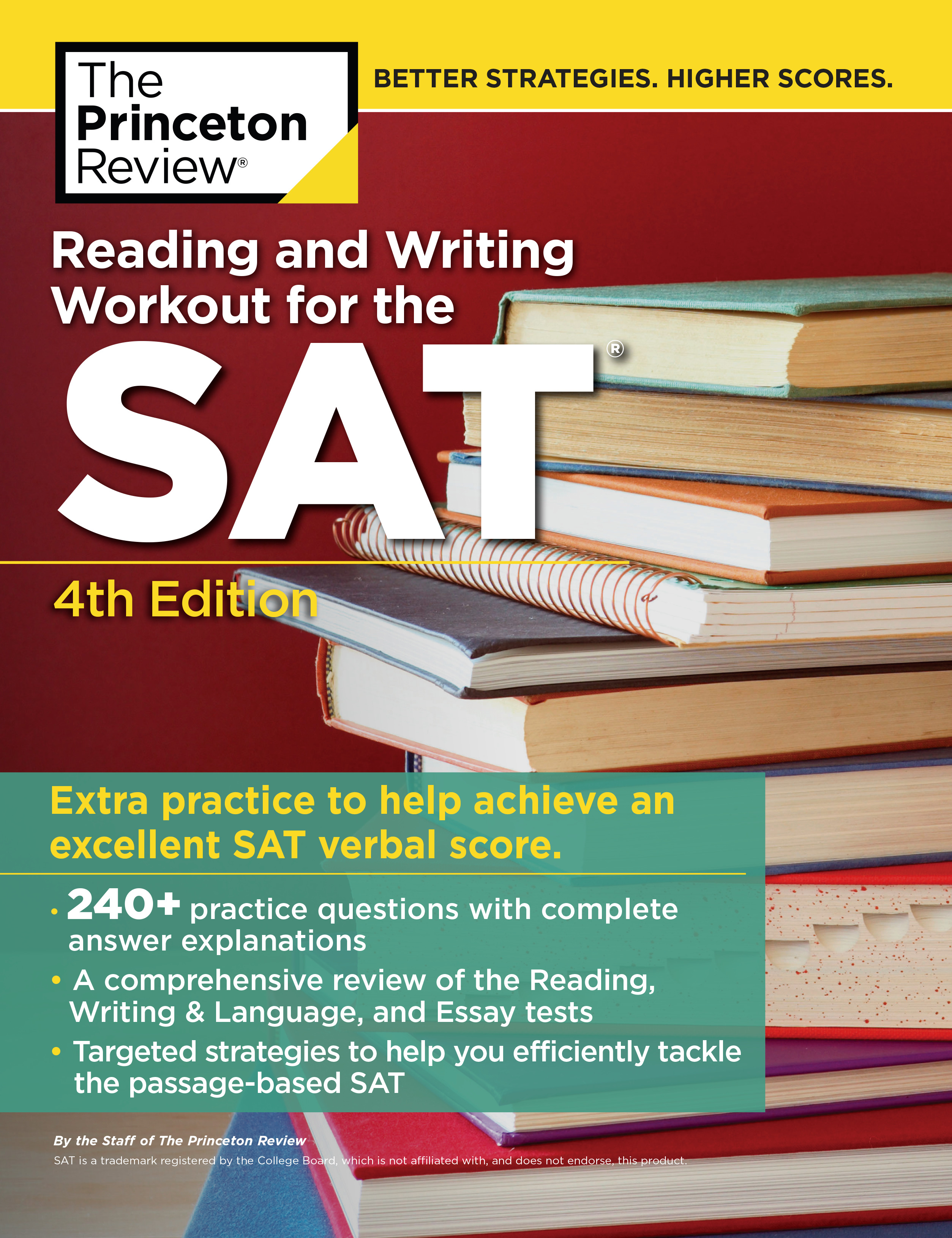This book presents many valuable research methods useful in conducting research in modern urban transportation systems and networks. The knowledge base in practical examples, as well as the decision support methods described in this book, is of interest to people who face the challenge of searching for solutions to the problems of contemporary transport networks and systems on a daily basis. The book is therefore addressed to local authorities related to the planning and development of strategies for selected areas with regard to transport (both in the urban and regional dimensions) and to representatives of business and industry, as people directly involved in the implementation of urban transportation systems and networks solutions. The methods contained in individual chapters of the book allow to look at a given problem in an advanced way and facilitate the selection of the appropriate strategy (e.g., in relation to the air quality in considering the impact of the atmospheric emission from the urban road traffic, the role of incentive programs in promoting the purchase of electric cars, life-cycle costing decision-making methodology and urban intersection design, but also in assessing the impact of the socio-financial conditions on the bike-sharing system operation and its implementation in medium-sized cities, etc.). In turn, due to the new approach to theoretical models (including comparison methods of driving errors in a single-lane and multi-lane roundabouts, methods of parking measurements, methods of ensuring the technical readiness of transport companies fleet due to the region’s capabilities as well as speed-related surrogate measures of road safety based on floating car data), the book is also of interest to scientists and researchers carrying out research in this area.




